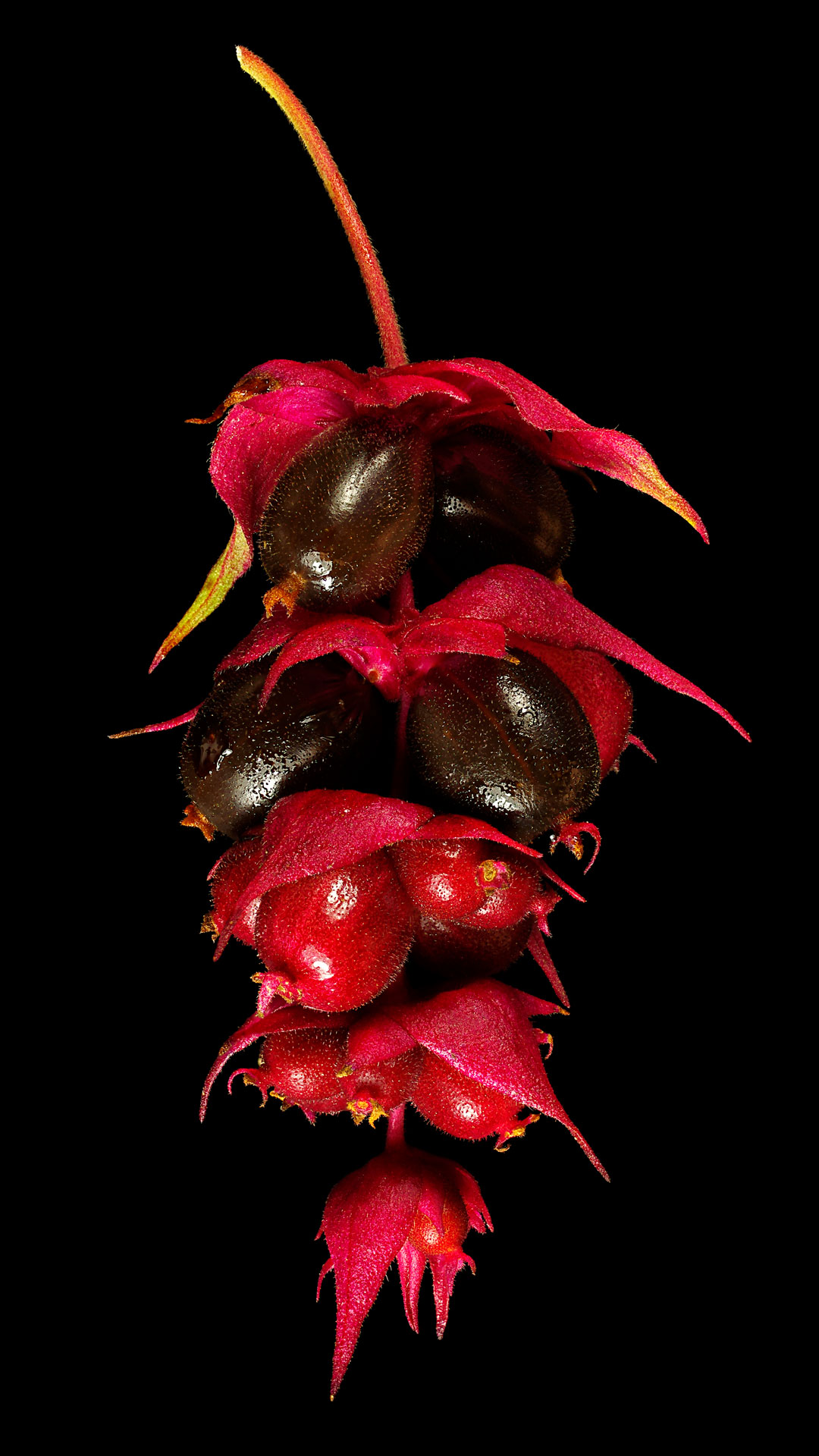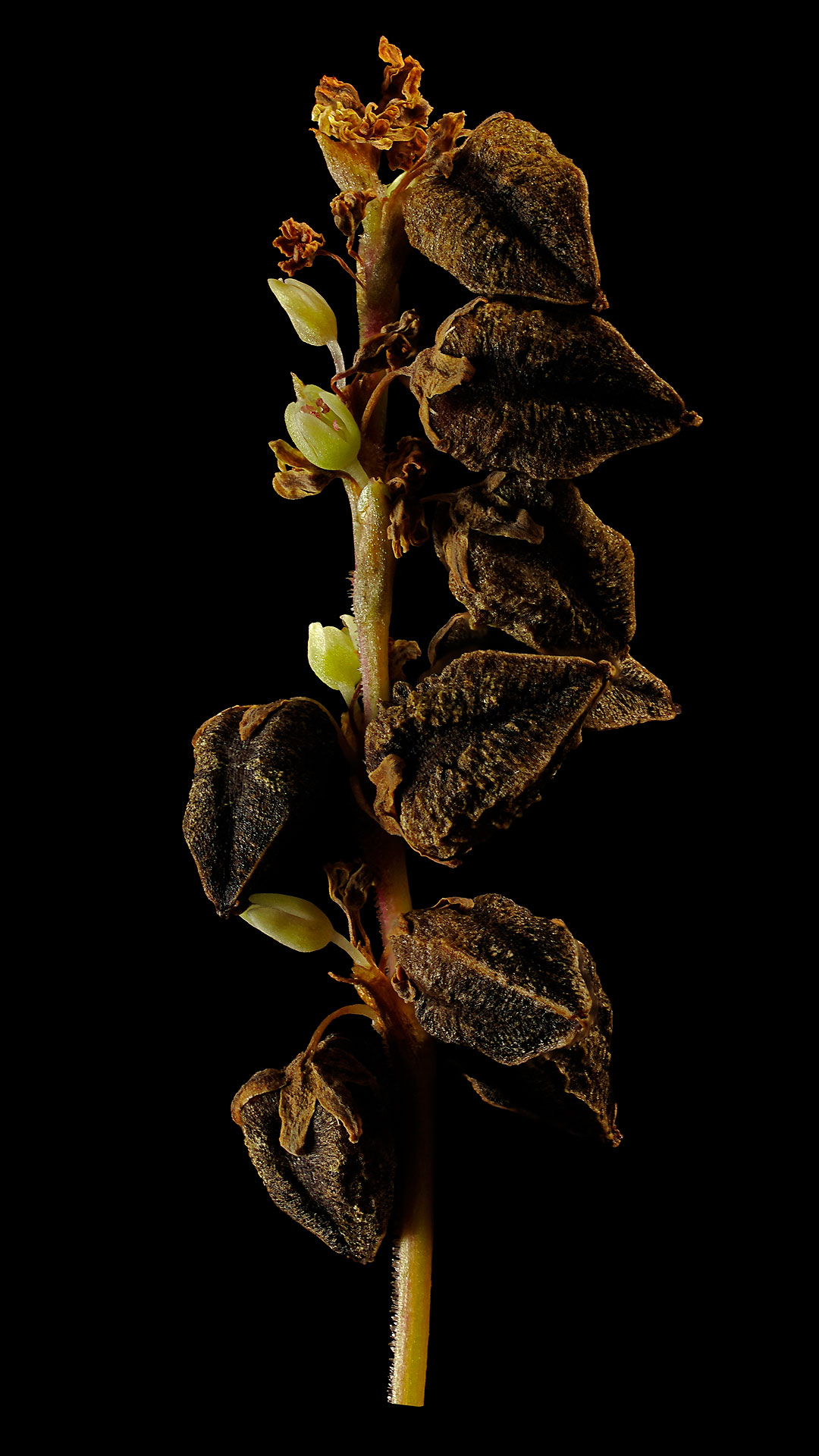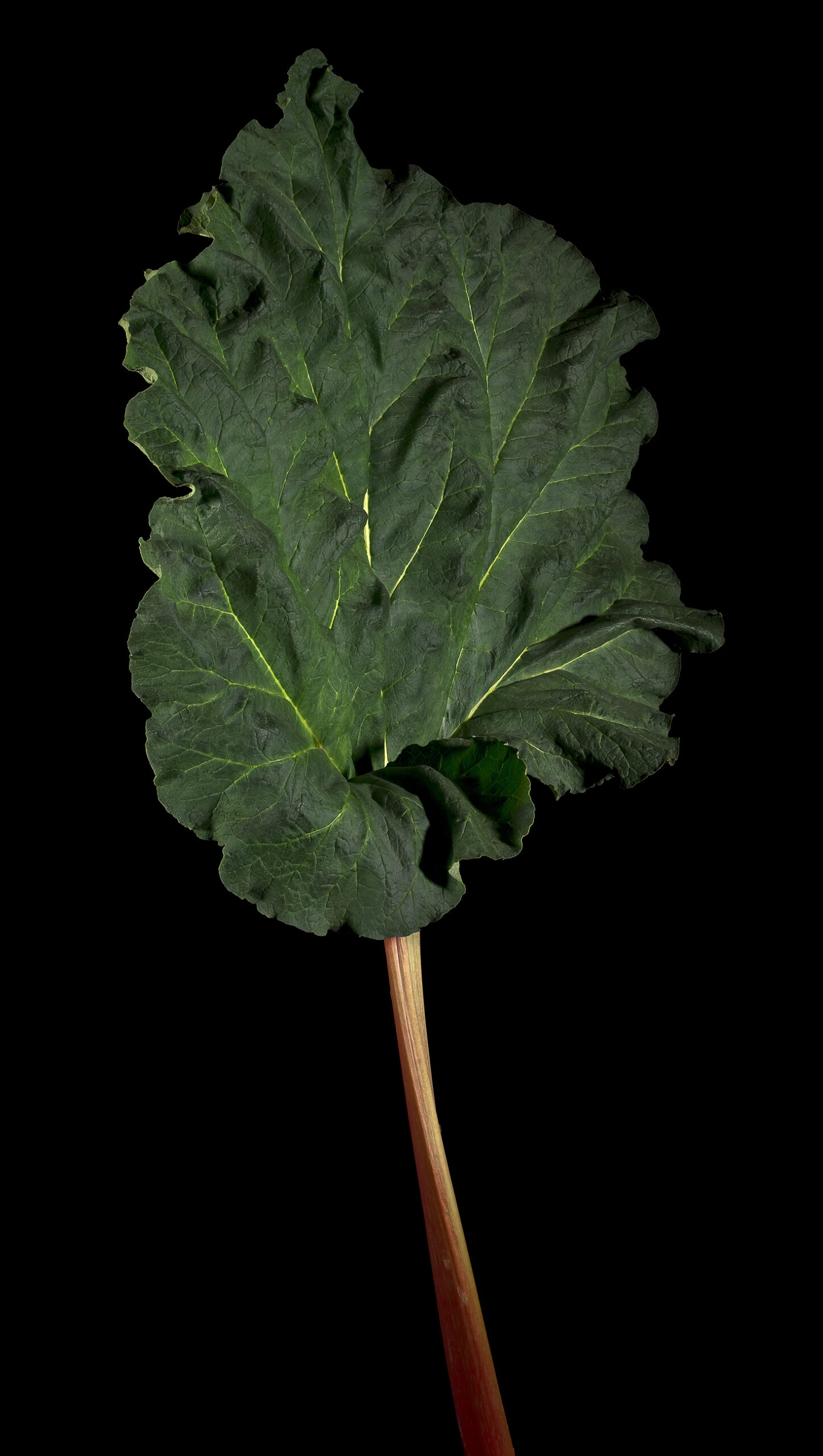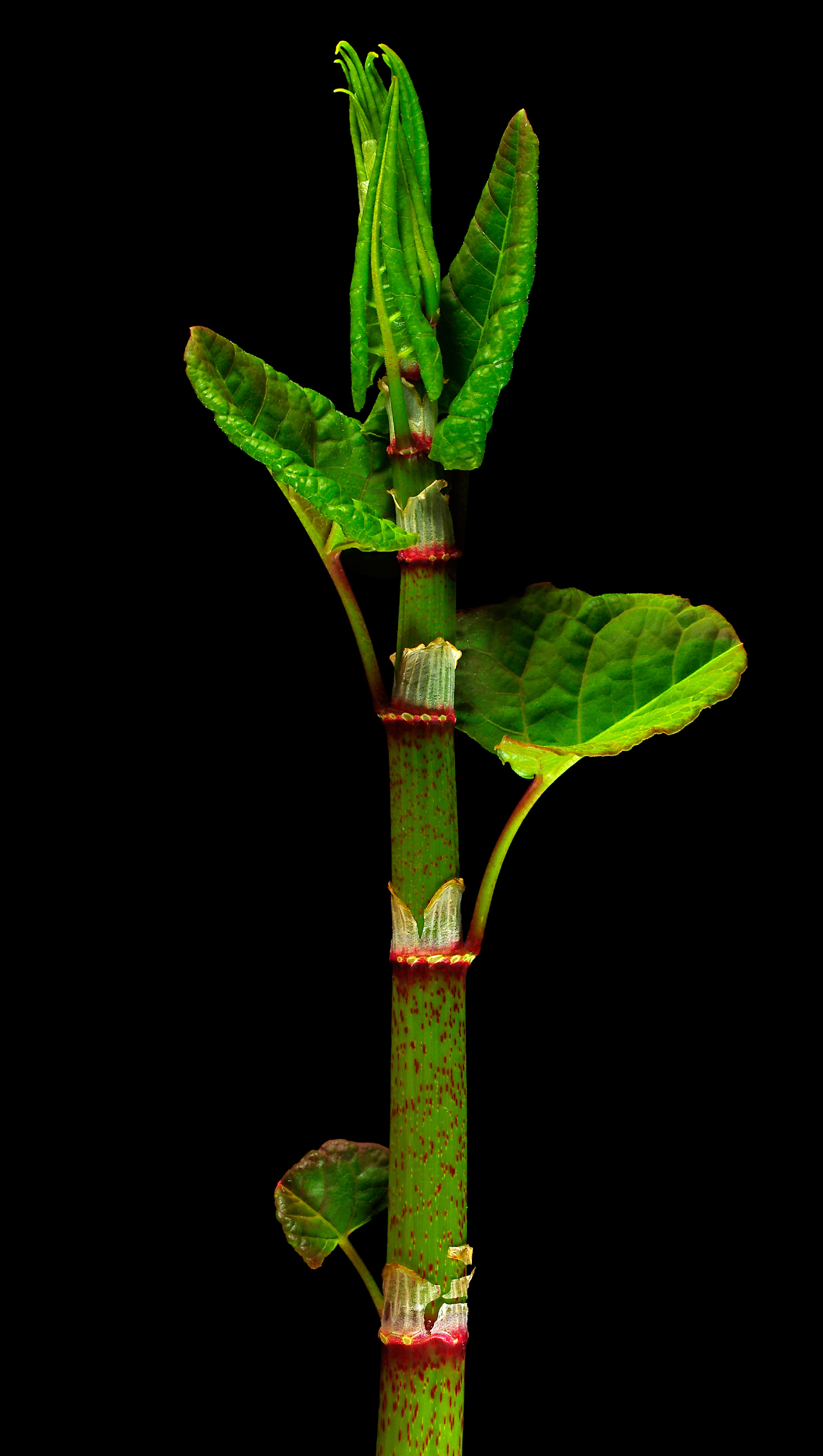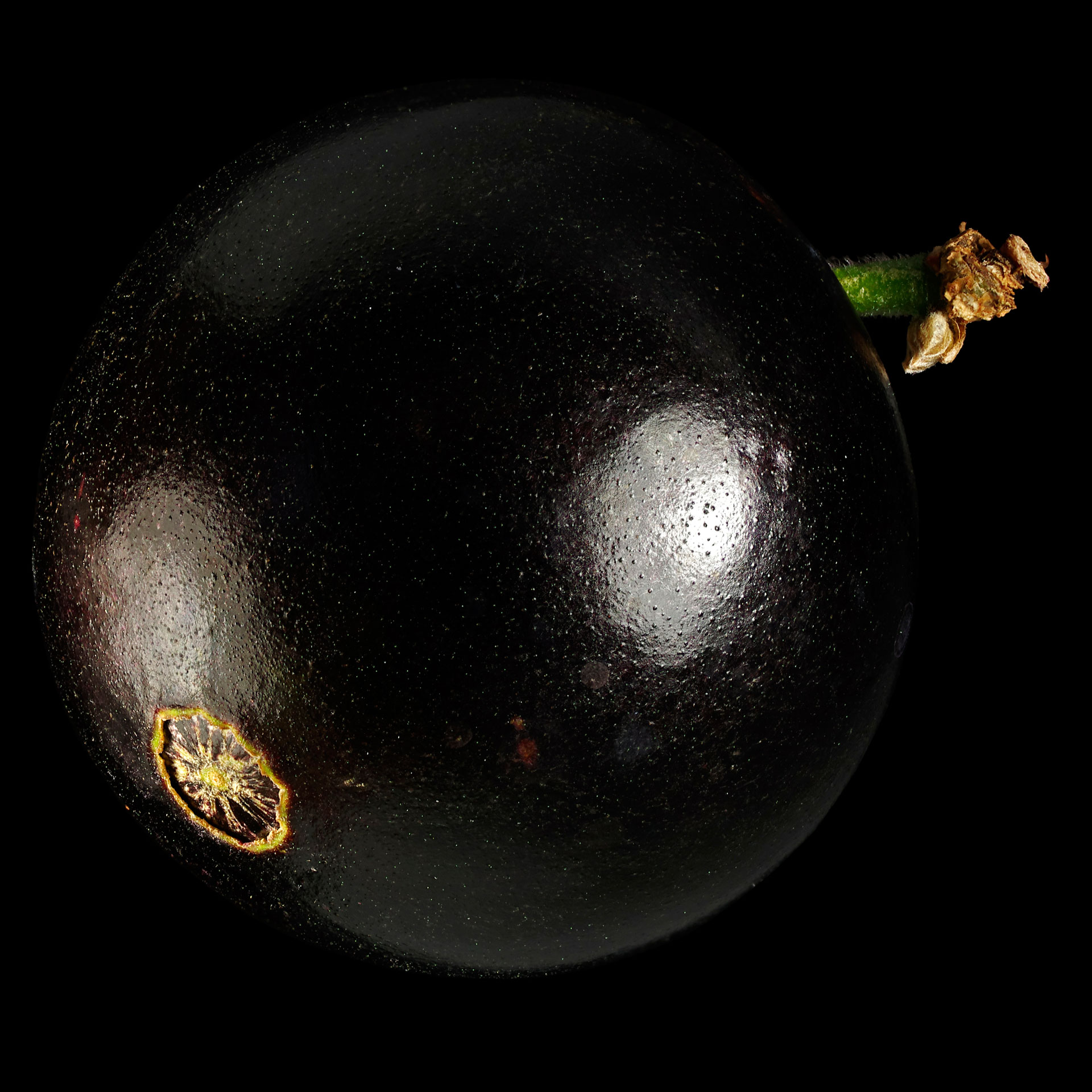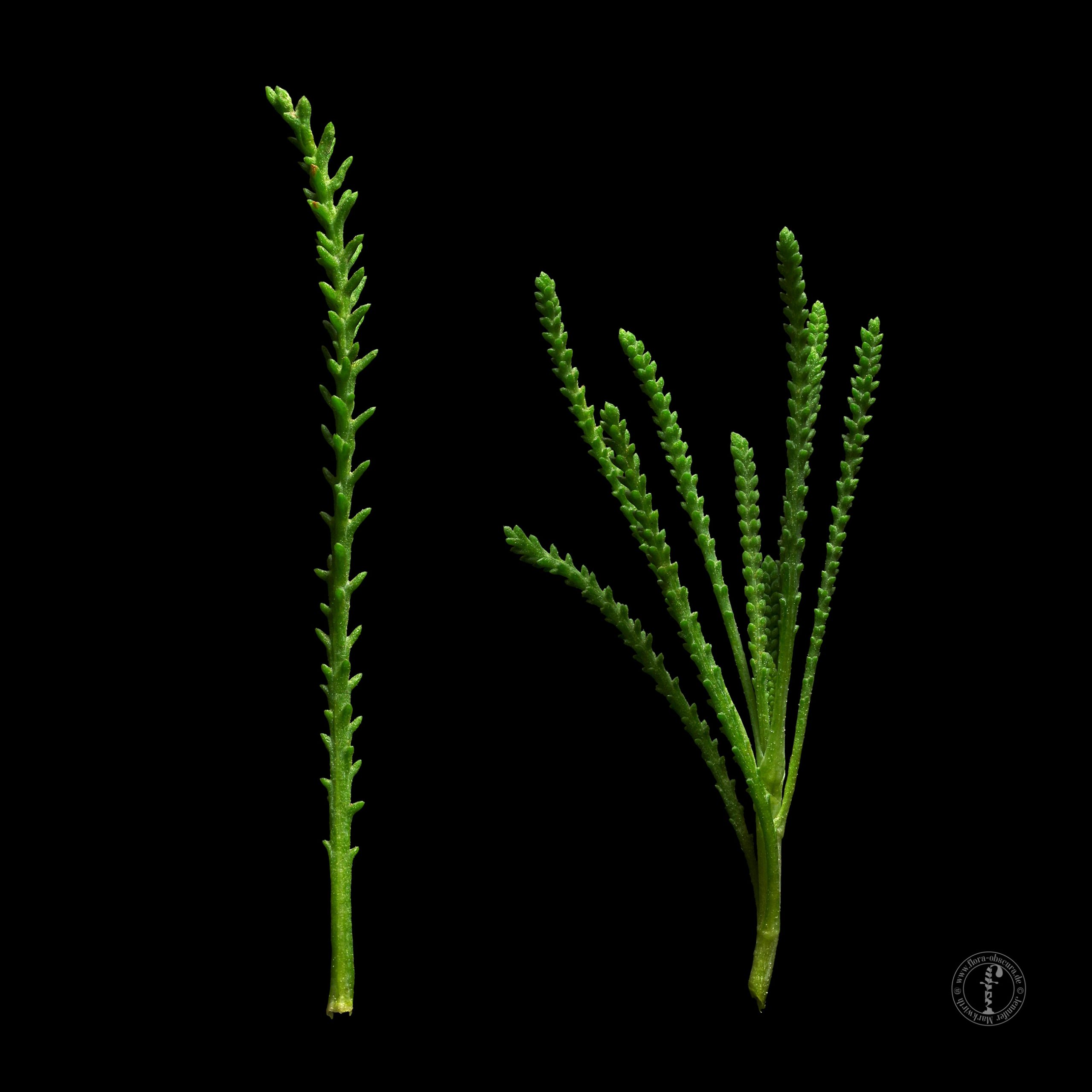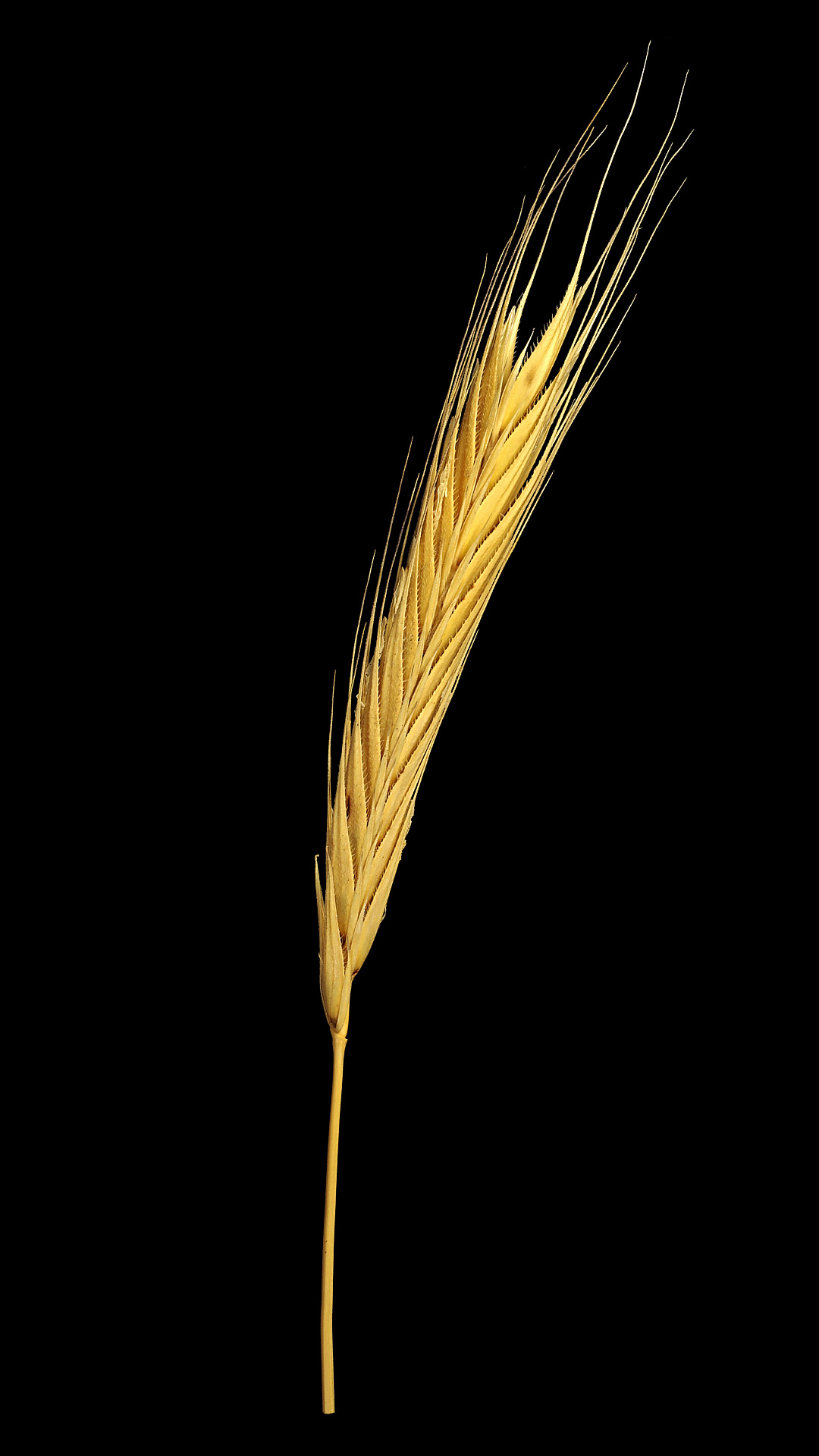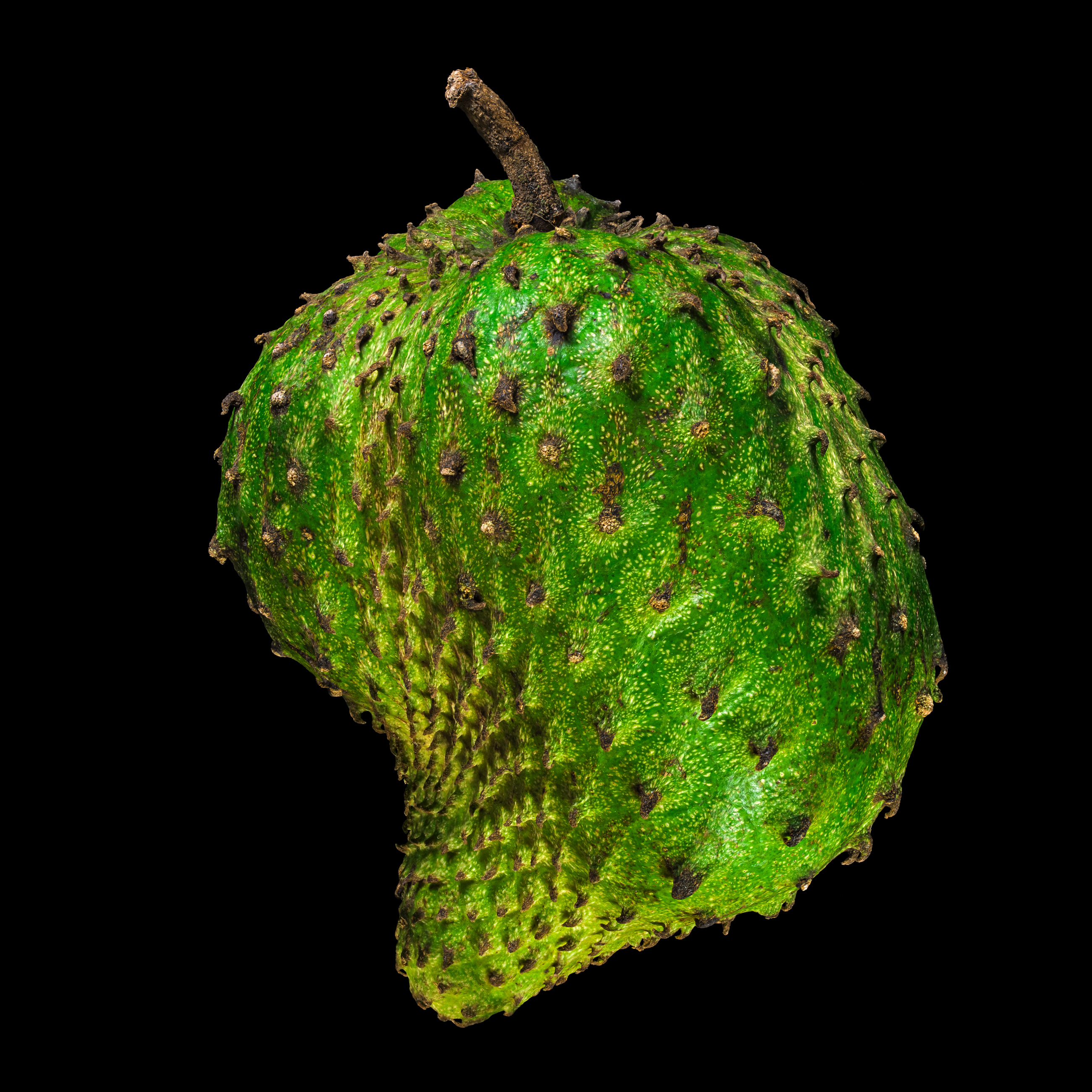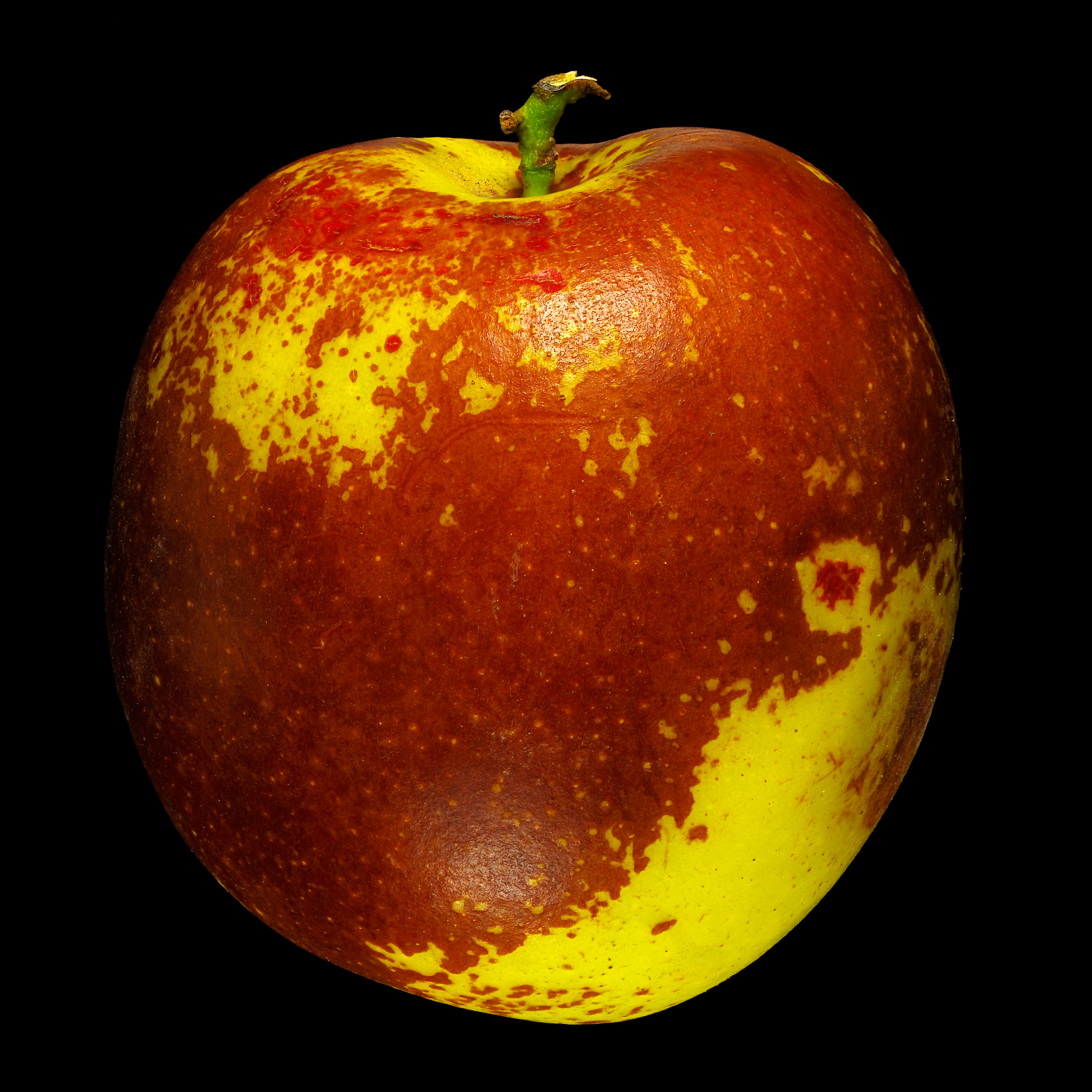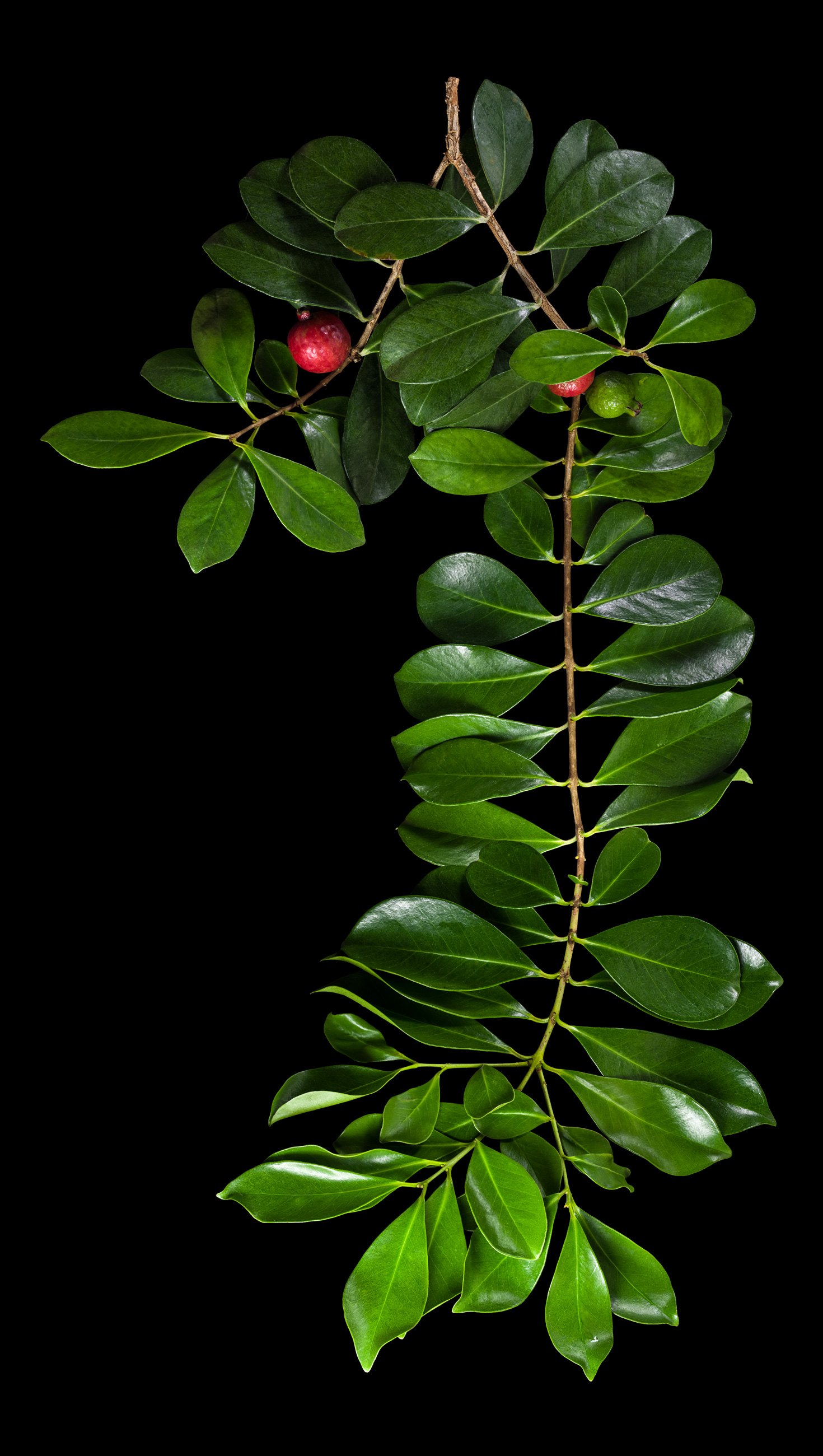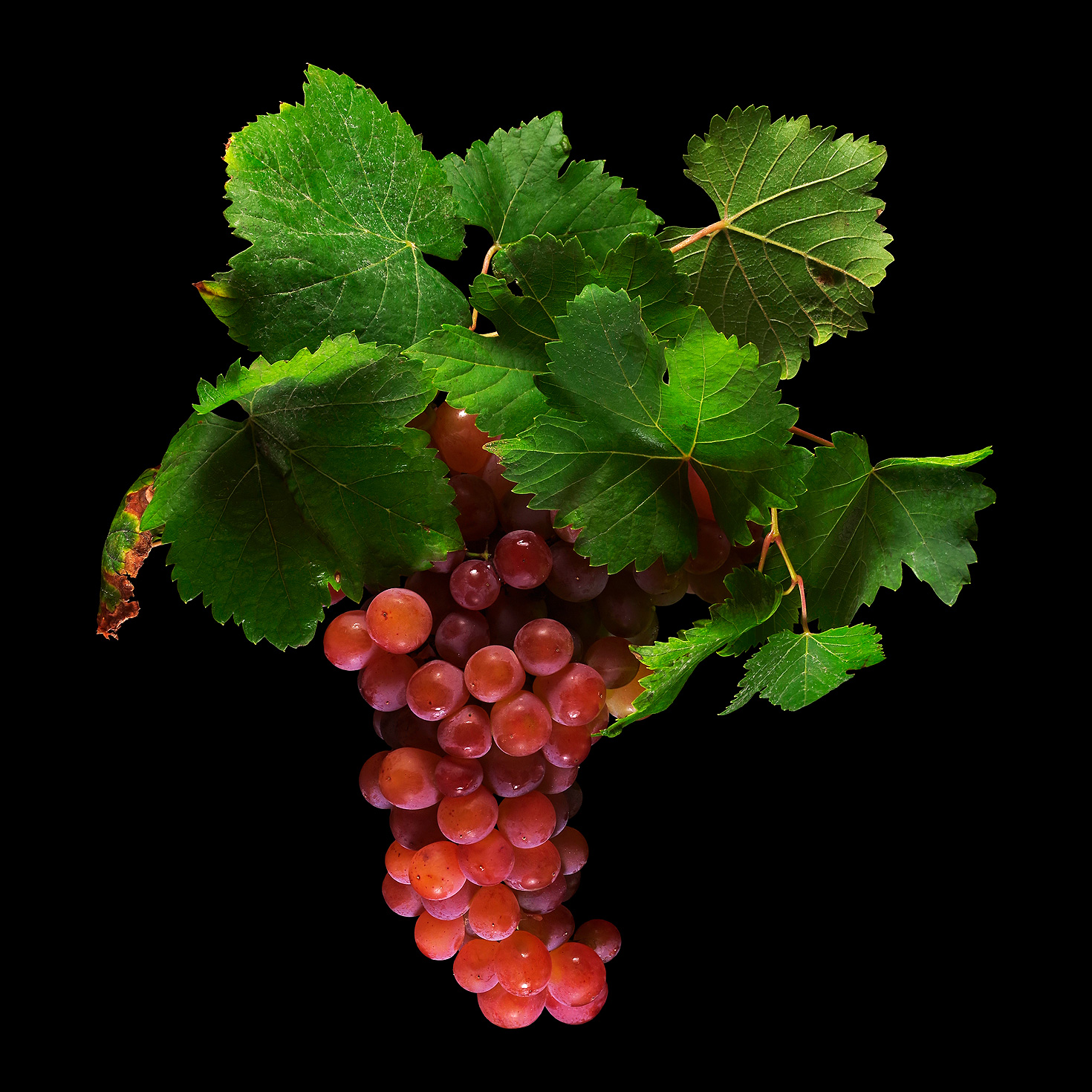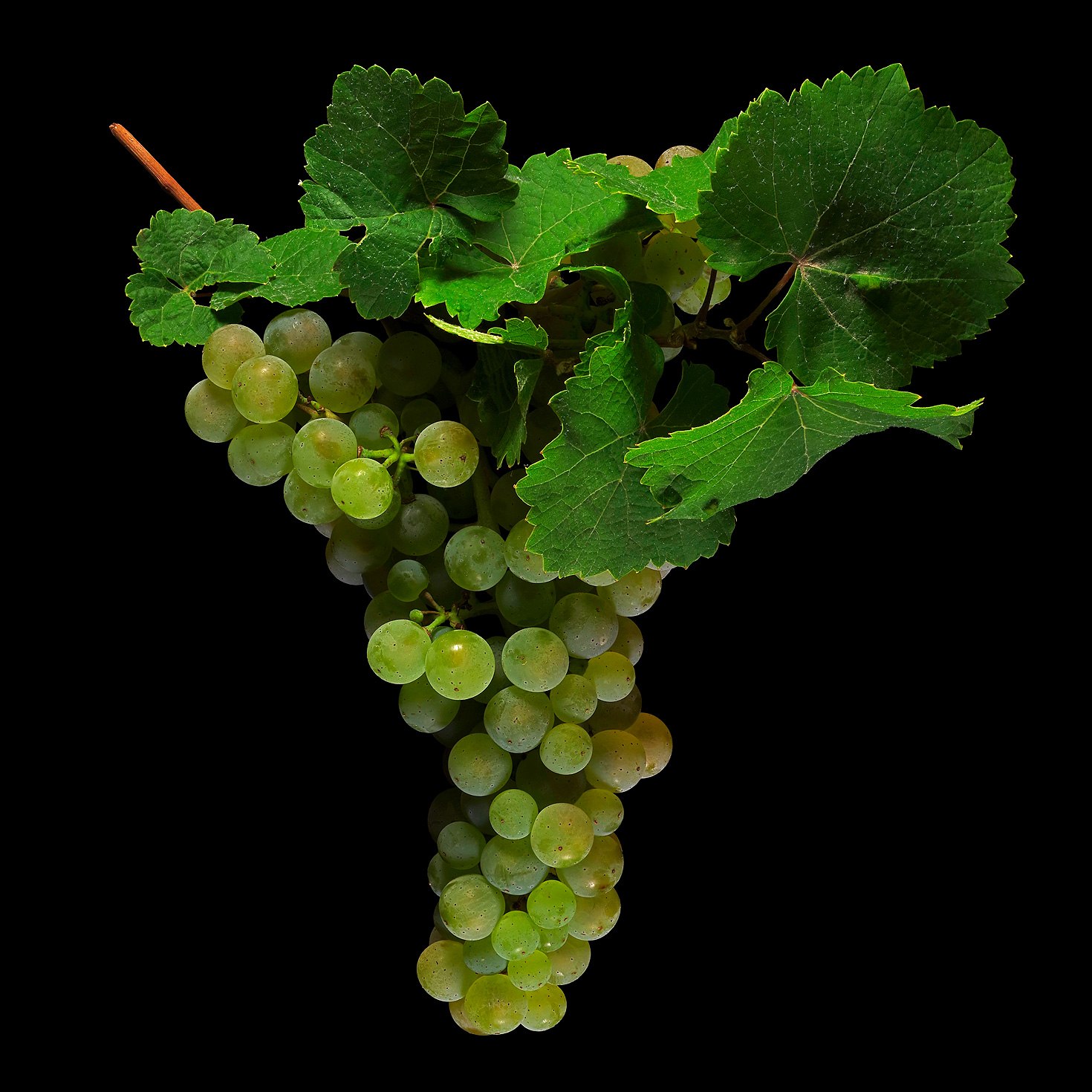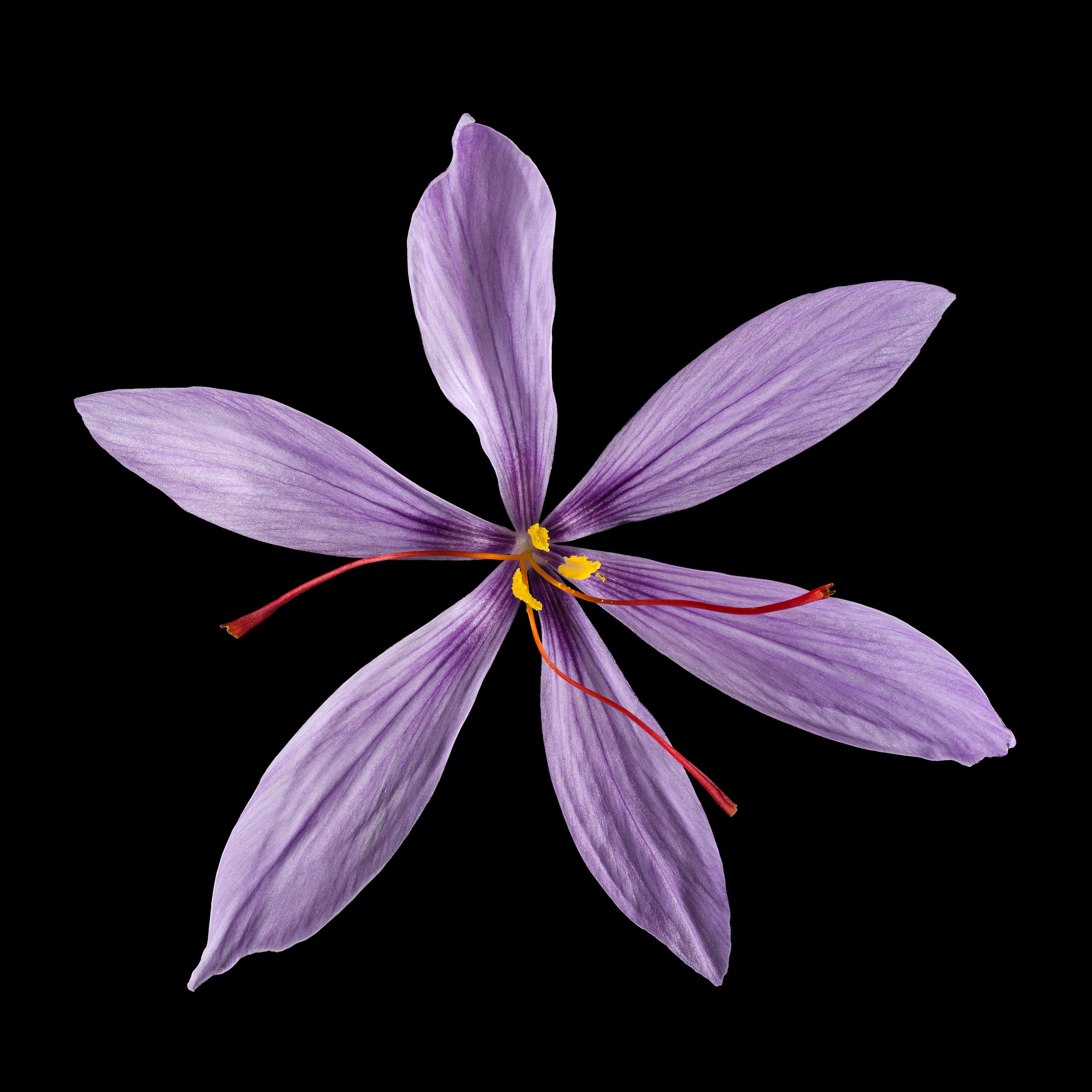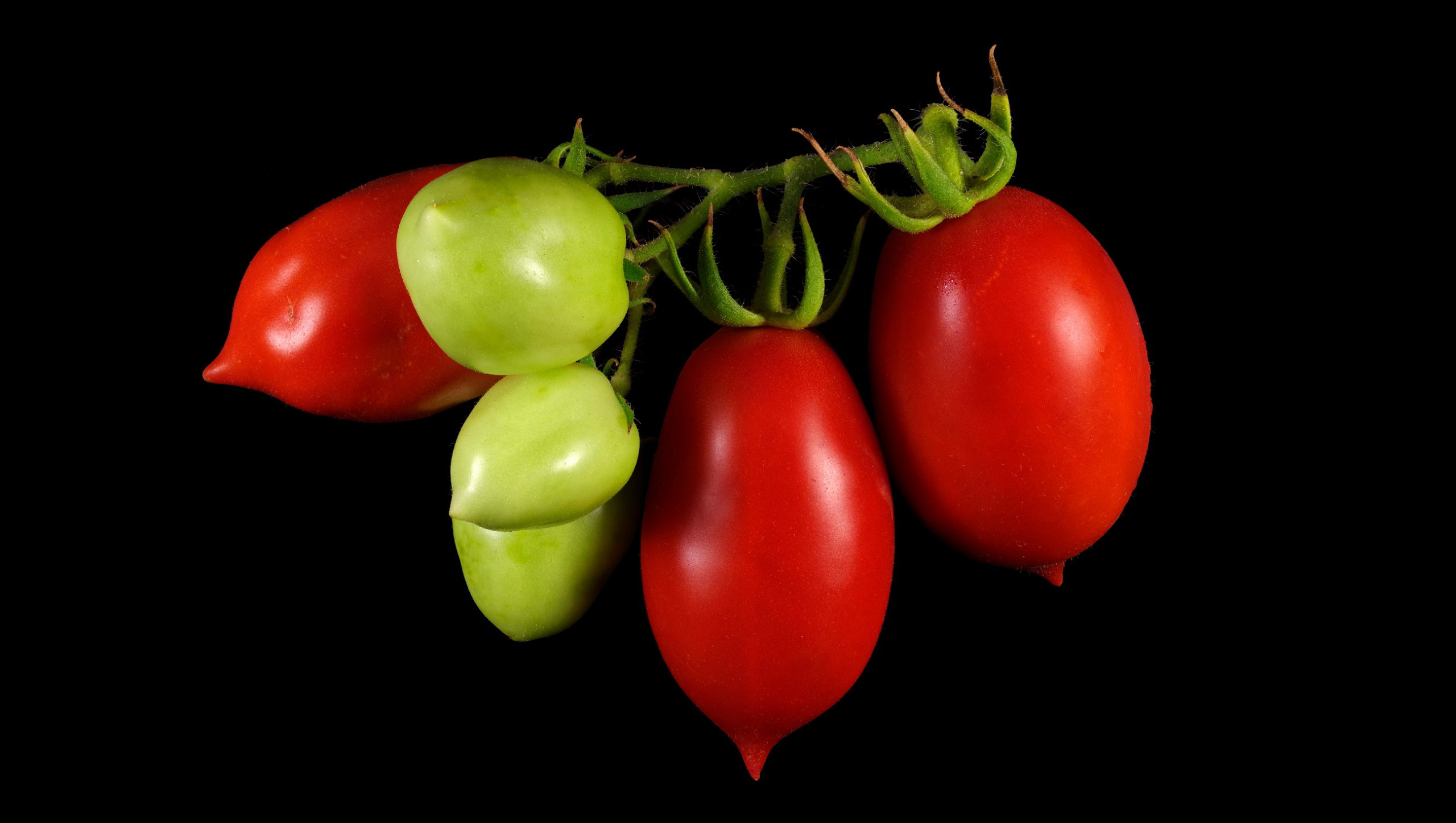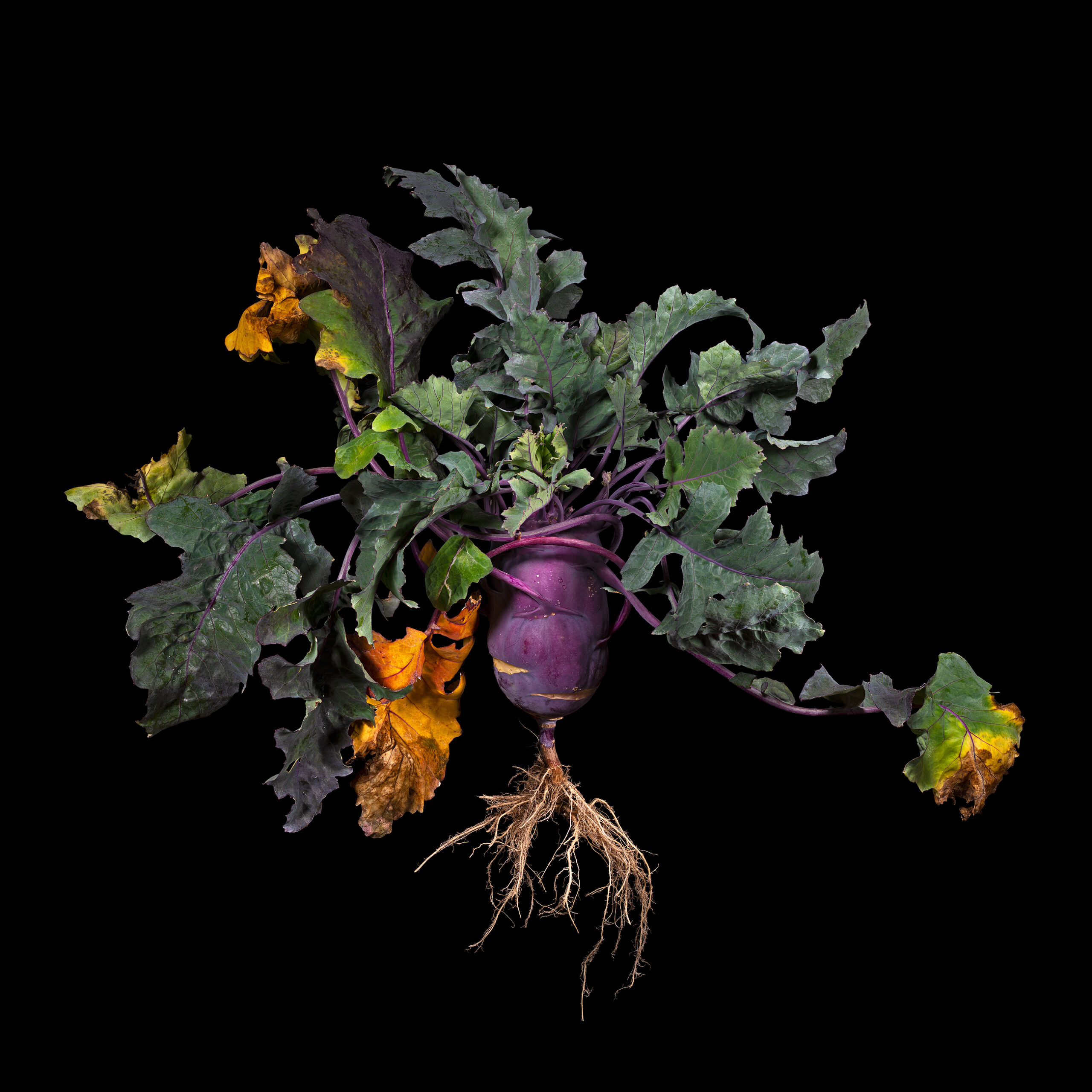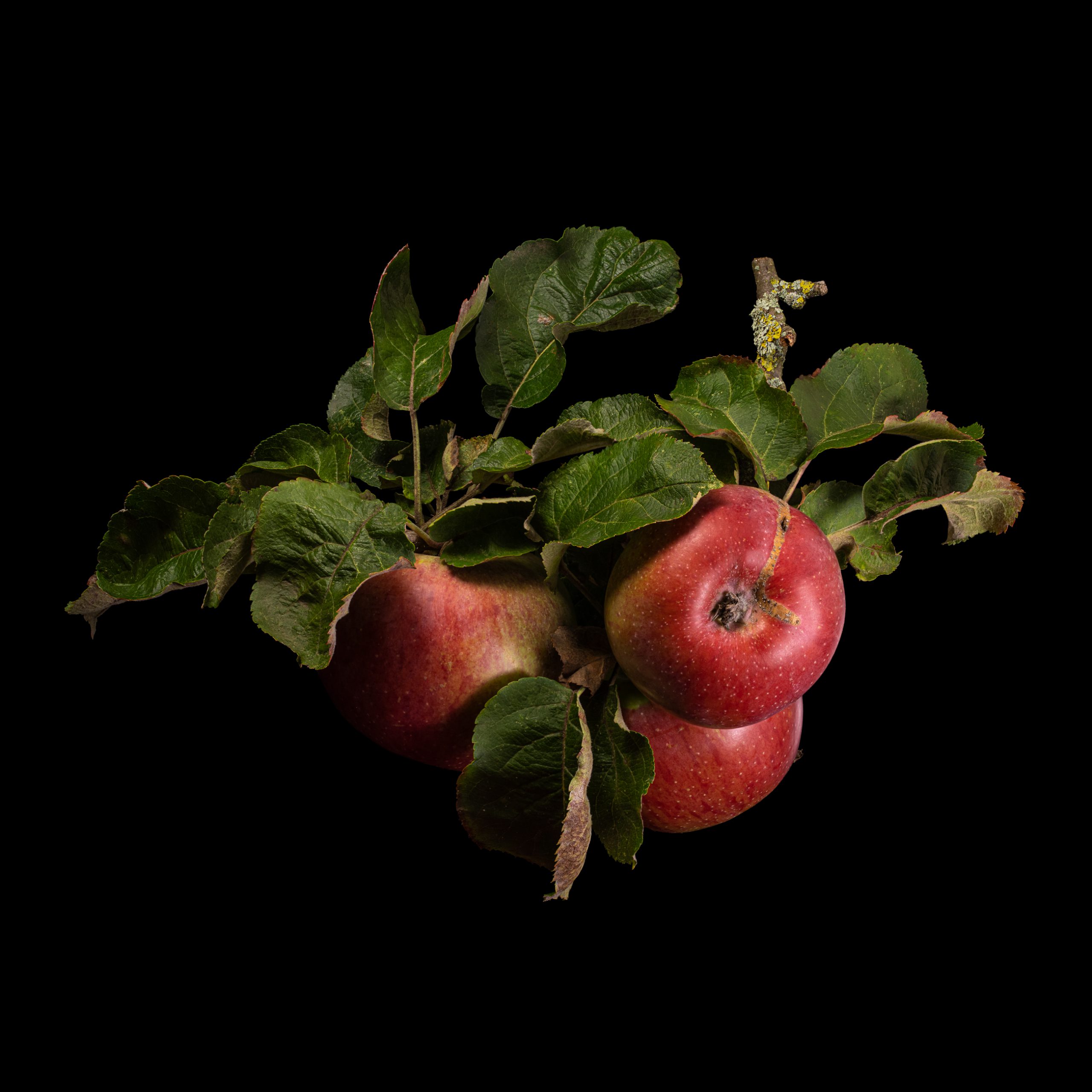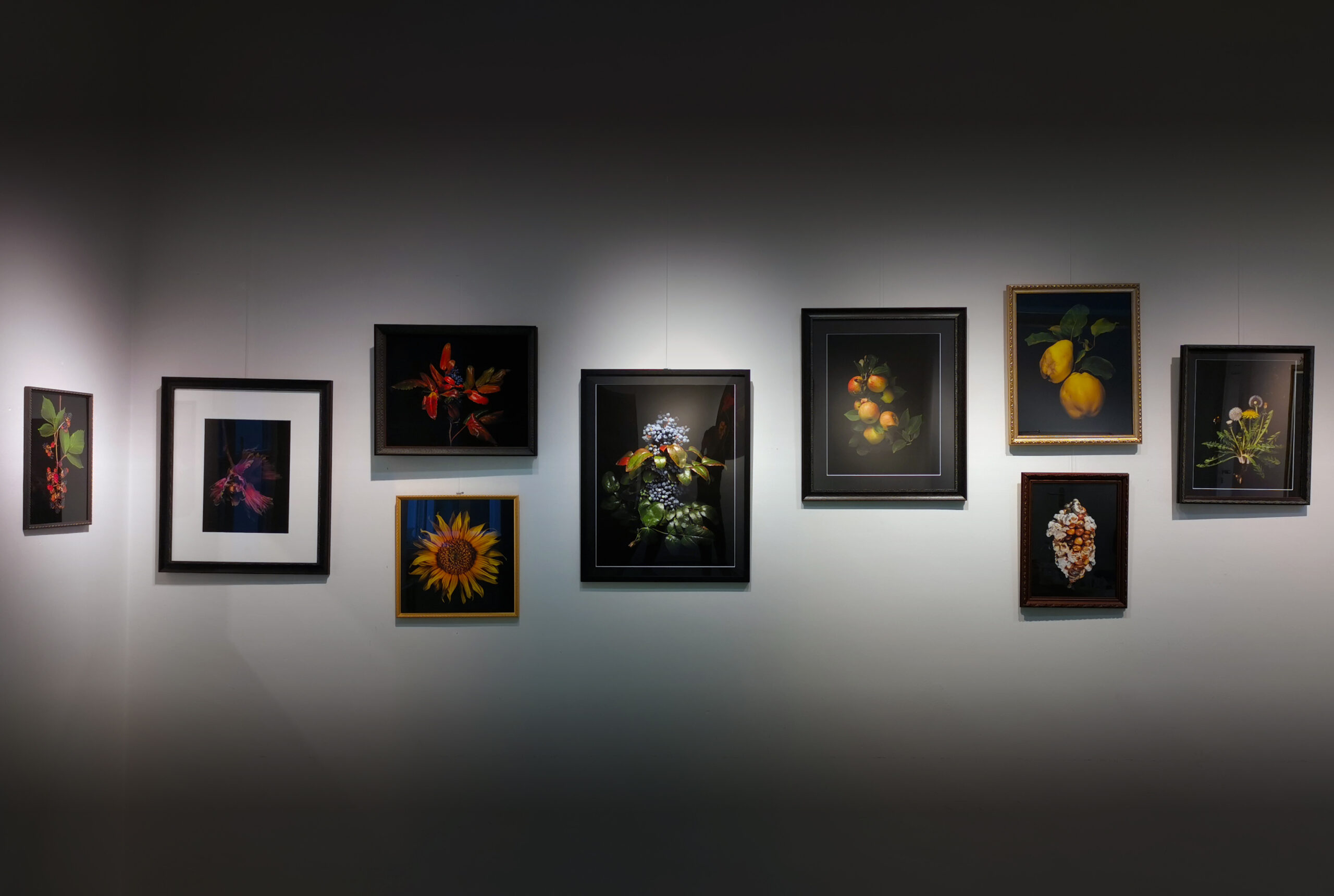Search Results for Himalayan Region
As soon as the small fruits of pheasant berry are ripe and therefore dark brown and soft, they taste intensely like slightly burnt (bitter) caramel.
The Tartary or India buckwheat can be used like the common buckwheat.
The stems are hardly sweet and are therefore usually given sugar.
As long as they are very tender and have barely broke through the soil, the shoots can be prepared as bleached vegetables such as asparagus. Aboveground shoots can be eaten like rhubarb as long as they are not too woody.
The black skin is tough and tastes astringent, but the white, firm flesh inside is sweet and reminds of a grape or gooseberry in taste.
Green santolina is at home in Mediterranean cuisine. It can be used fresh in salads or marinades for seasoning and develops a slightly resinous aroma.
Like most wild forms, also those of rye are not particularly productive and are rarely or no longer cultivated today in contrast to the cultivated forms.
The crushed leaves of oregano should not be missing on any pizza and give many other dishes of Italian cuisine an unmistakable aroma.
The soursop is very similar to the cherimoya which is related to it, but it is even more sensitive to pressure and therefore rarely found on the market.
During the ripening process, the initially yellow fruit is covered more and more with reddish-brown spots until the whole skin is brown.
Cattley guava has spherical, red berries that can be eaten fresh or processed into juice, jam and sorbet.
Despite its bright red berries, Schonburger belongs to the white wines, its quality is compared with Traminer.
Riesling wines are of high quality and easily assume the character of their growing region.
Saffron, the „red gold“, is a spice extracted from the flowers of the saffron crocus.
The fruit ripens throughout the summer and into the autumn. It has a firm flesh and is mainly processed into tomato paste and canned food.
The kohlrabi stem can be eaten raw and cooked, for example diced and steamed or boiled.
The ‚Anhalter‘ apple variety is classified as a cider apple. It has a high tannin content and is therefore particularly suitable for the production of cider and apple juice.
Selected motifs in limited editions My hand-signed, limited edition fine art prints and other murals are best viewed at my exhibitions, listed below. Studio sales and shipping are also available upon request. Upcoming and ongoing exhibitions 16. November - 8.



